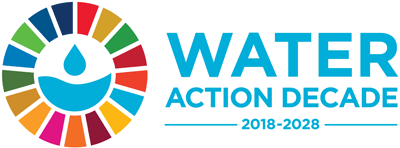
The Evidence Programme on Sanitation and Hygiene (EPSH) stems from a strategic partnership between WSSCC and the International Initiative for Impact Evaluation (3ie). Formed in 2014, this partnership 3ie works on meeting the growing demand for more and better evidence of which development interventions in low- and middle-income countries work and why.
The Evidence Programme on Sanitation and Hygiene (EPSH) can be deconstructed and understood as combining three aspects of work that feed the evidence building pool of the WASH sector and beyond:
Impact Evaluations the EPSH evaluates the following: Does the GSF (Global Sanitation Fund) programme reduce psychosocial stress, improve safety and improve the quality of life among women and girls? Investigating the impact of enhanced CLTSH (community-led total sanitation and hygiene) on mental well-being and sustained behaviour change.
Systematic Reviews the EPSH considers the following: How effective are interventions that promote sanitation and hygiene behaviour change in communities? To what extent has the WASH sector considered the lifecycle approach in the design and implementation processes including the maintenance and use of programme services during the MDG (Millennium Development Goal) era 2000-2015?
Evaluating advocacy approaches in development. To identify the factors that are crucial to the success of advocacy approaches and programmes in low- and middle- income countries, and shed light on the conditions that enable policy change through advocacy initiatives.
- Organizations: The Water Supply and Sanitation Collaborative Council and the International Initiative for Impact Evaluation
- Website: wsscc.org/resources-feed/the-evidence-programme-on-sanitation-and-hygiene/
